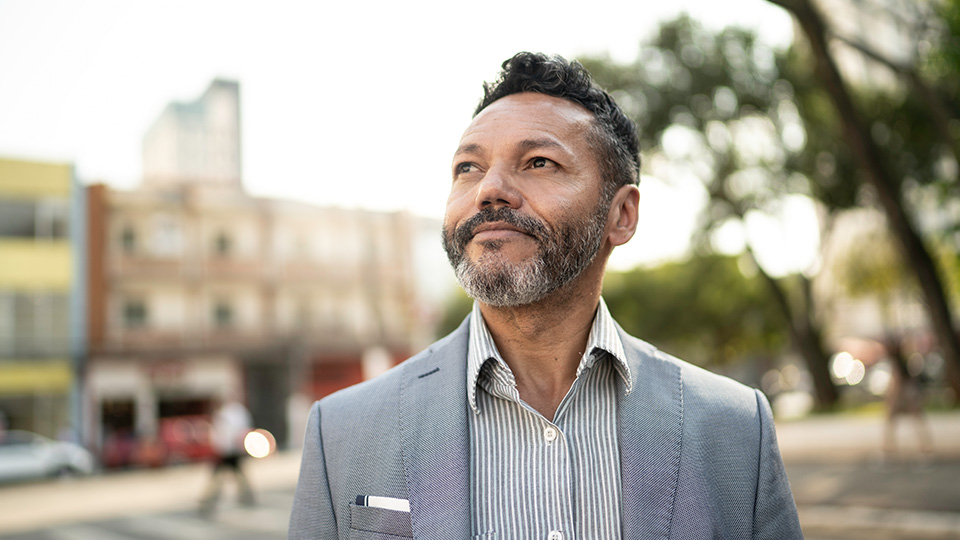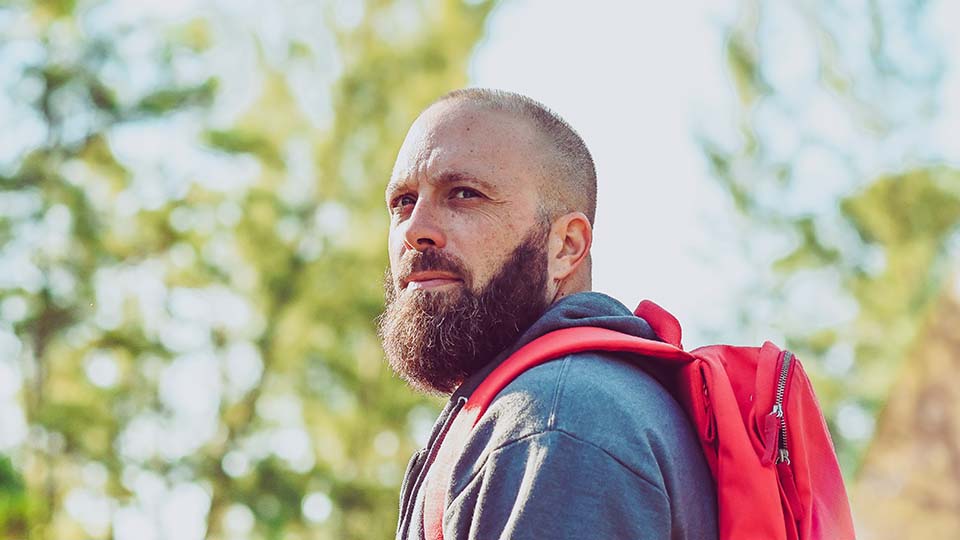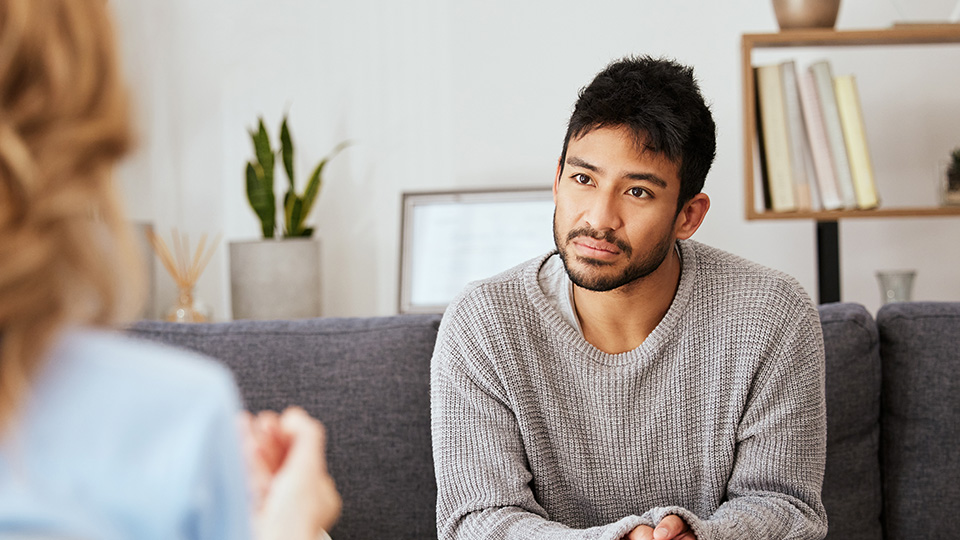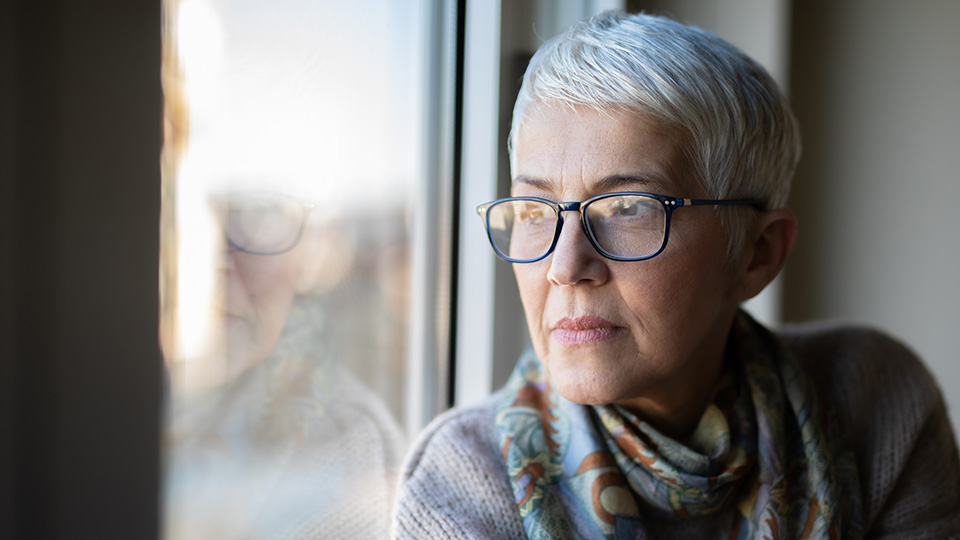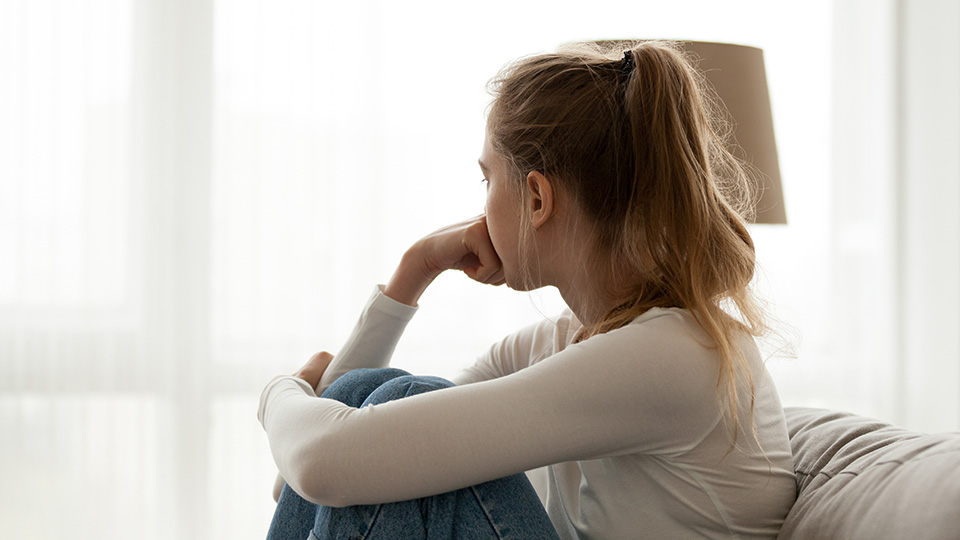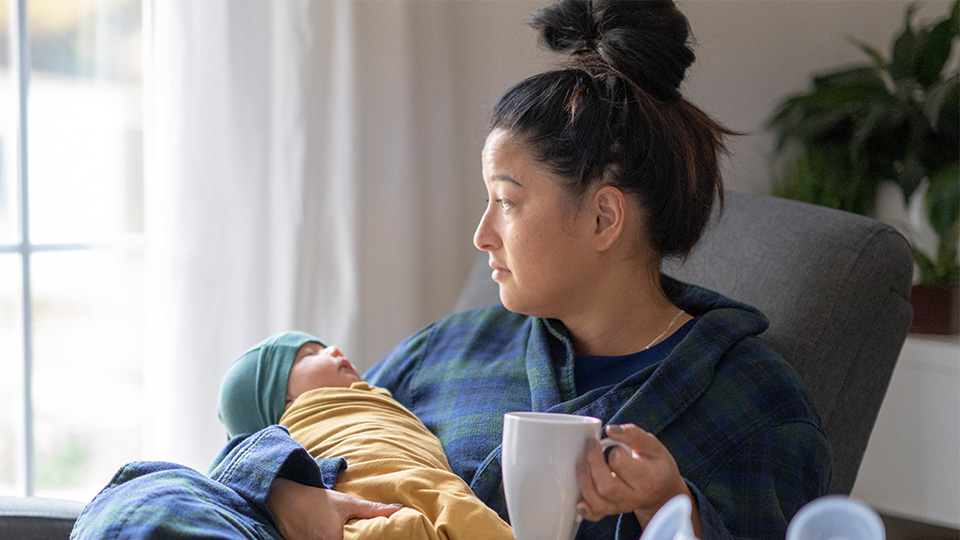What causes anxiety in women?
Whether you’re a woman or a man, there are a number of potential causes of anxiety, and factors that can increase the likelihood of you developing anxiety at some point in your life. These include:
- Experiencing abuse or neglect, especially if this happened during childhood
- Having a close family member who struggles with anxiety, or a family history of anxiety
- Having a personal history of anxiety or other mental health problems
- Suffering with a serious physical health condition such as cancer
- Going through stressful or traumatic events such as the death of someone you love, losing your job or getting divorced
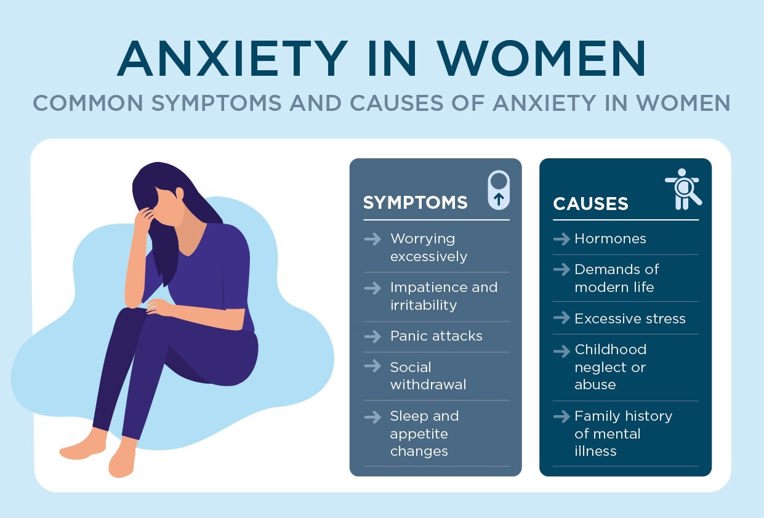
However, there are also some causes of anxiety that are specifically related to being a woman.
Hormones
Throughout their lives, women experience fluctuating hormone levels that relate to specific stages that their bodies go through. These stages include puberty, periods, pregnancy, childbirth and menopause. It’s thought that the hormonal fluctuations that come with these life stages can cause women to develop anxiety during these times in their lives.
Puberty
During puberty, young women go through a significant amount of change. Not only are their bodies changing, which can lead to body image issues, but at this stage in their life, they’re also likely to be experiencing other challenges. Peer pressure, problems with social media use and worrying about school are just a few examples. This, coupled with the significant hormonal changes that happen during puberty, can lead to anxiety.
Periods
Periods cause women to go through hormonal ups and downs all the way through the month. Some women experience pre-menstrual syndrome (PMS), which is known to have a negative impact on their mood and cause irritability and tiredness. PMS is fairly common, but some women can experience more serious symptoms as part of a disorder known as premenstrual dysphoric disorder (PMDD). PMDD results in significant mood problems, causing women to experience the symptoms of depression and anxiety.
Pregnancy and childbirth
Women’s bodies also go through a lot of hormonal changes when they’re pregnant and after they’ve given birth. This is known as the ‘perinatal period’.
Prenatal anxiety happens during pregnancy, before the baby is born. It can focus on lots of different things, including worries about giving birth and stress around getting everything ready for the baby to arrive. Anxiety in the prenatal period can be especially intense if the woman is having a difficult pregnancy or is struggling with debilitating morning sickness (known as hyperemesis gravidarum or ‘HG’).
Postpartum anxiety develops in the first year after the baby is born. Again, anxiety in the postpartum period can focus on anything from worrying about ‘bouncing back’ physically, to the health of the baby. Postpartum anxiety may also be more likely to happen to women who have given birth to multiples (twins, triplets or more). It can also occur alongside postpartum depression.
Menopause
Lots of women also experience anxiety as well as other mental health problems during menopause – another time in a woman’s life that’s characterised by significant hormonal changes. A woman may be more likely to develop anxiety at this time if she's experiencing lots of the physical symptoms of menopause, including insomnia and hot flushes.
Stress
Women produce more stress hormone than men, which means they’re more likely to develop anxiety in response to stressful situations. These can include things like going through a divorce or suffering a bereavement.
Demands of modern life
In today’s modern society, women are under more pressure than ever and are expected to juggle lots of different demands. This can include working full-time, looking after a home and caring for children. These multiple demands can lead to anxiety, stress and other mental health problems, such as depression in women.




